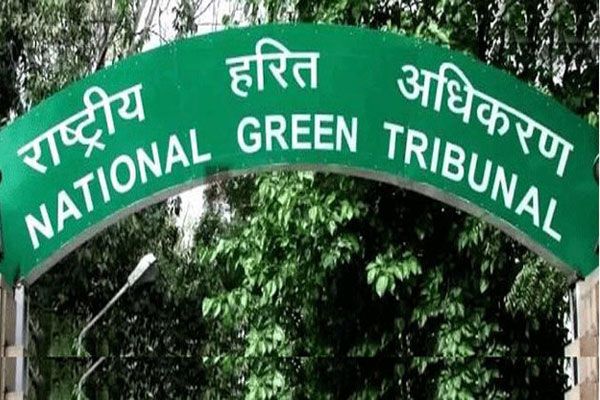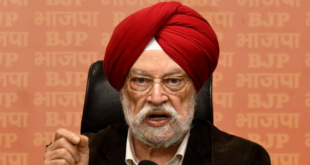Dr. Seema Javed
 Almost all thermal power plants sites are laden with hazardous substances used during operation and their poor handling can be harmful for human health and environment.
Almost all thermal power plants sites are laden with hazardous substances used during operation and their poor handling can be harmful for human health and environment.
The Southern Zone Bench of the National Green Tribunal (NGT) in Chennai comprising of Justice Ramakrishan and Expert Member Saibal Dasgupta has issued notices after a petition was filed demanding proper disposal of hazardous substances while decommissioning a state-owned thermal power plant in Tamil Nadu. Notices have been issued to the Centre, the Central Electricity Authority (CEA), the Central Pollution Control Board (CPCB) and the state-owned power company Neyveli Lignite Corporation (NLC) India, after a hearing was held on February 12, 2021. The power plant in question is located in Neyveli, Tamil Nadu, and has been operational since 1962.
The petitioner, Dharmesh Shah, has stated that there are no effective guidelines for scientific decommissioning of thermal power plants. This can lead to non-disposal of remaining fly ash and other hazardous substances used during operation. The petitioner also stated that in such a scenario, project owners often prioritize economic concerns over environmental ones, leaving the plant sites environmentally unsafe.

He has sought for the Central or State Pollution Control Boards to ensure that decommissioning is done in an internationally accepted, scientific manner, to prevent the contamination of water, air and soil. The petitioner also appealed to the court to direct the respondents to place the decommissioning process on record.
“We are satisfied that there arises a substantial question of environment which requires to be addressed in a scientific manner after consultation with the official respondents as it is required to have some guideline to be followed by the Thermal Power plants which wants to decommission,” the NGT said in its order.
The court has also ordered all the parties to file their responses by March 23, 2021.
While the Hazardous and Other Wastes (Management and Transboundary Movement) Rules, 2016 make the occupier responsible for safe disposal of hazardous substances, no procedure has been notified for this. Further, management of hazardous substances does not find a mention in the decommissioning tender guidelines or contactor deliverables issued by plant operators.
The application filed to the court demanded that the proper disposal and related site remediation costs be borne by NLC India, as per the “Polluters’ Pay” principle.
A 2020 report by the Health Energy Initiative, India found that plants in India did not follow any remediation or handling protocols to contain hazardous substances on erstwhile power plant sites. The the report points to the case of dismantling Bhatinda’s Guru Nanak Dev Thermal Power Plant, for which the proposal only refers to the financial aspects of auctioning scrap. As per the report, several decommissioning e-auction documents highlight a similar trend.
Toxic chemicals—asbestos, arsenic, lead and Polychlorinated Biphenyls (PCBs)—linked to fatal diseases like flourosis( brittle bones) lead poisoning causing low IQ in children heavy metal poisoning are common in the thermal power plants area. Coal-ash, a byproduct of coal burning, is another toxic by product, known to contaminate soil and water, and harm human health and ecology.
(Author Independent Journalist & Consultant Global Strategic Communication Council)
Also Read :Who should receive the 2021 Nobel Peace Prize?
 Jubilee Post News & Views
Jubilee Post News & Views





